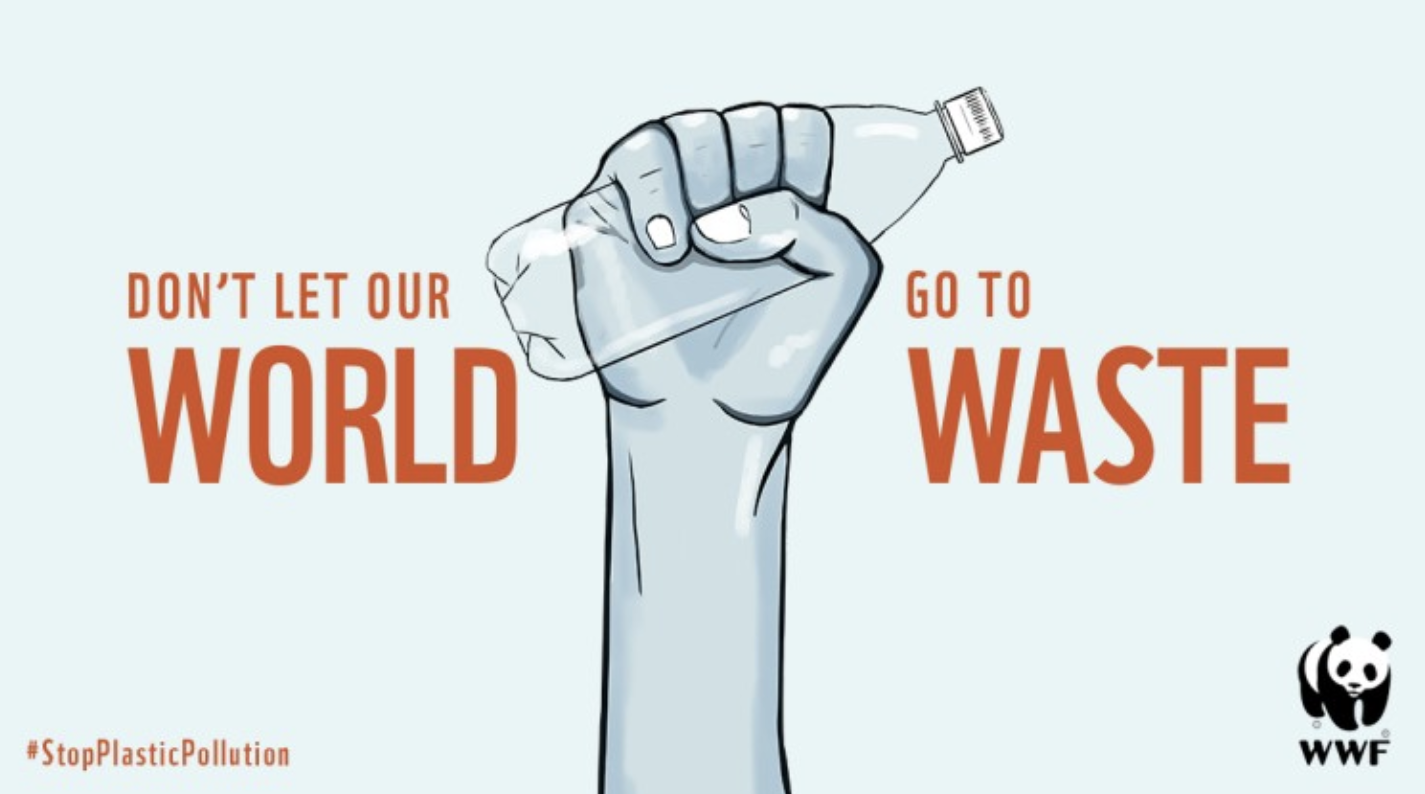
In recent decades, the world has witnessed an alarming rise in plastic pollution, with devastating consequences for our environment and marine ecosystems. Single-use plastics, in particular, have emerged as a major contributor to this crisis.
Recognizing the urgency of the situation, the World Wildlife Fund (WWF) has called for an immediate global ban on single-use plastics, setting the stage for a plastic-free future.
The Perils of Single-Use Plastics
Single-use plastics, such as straws, bags, bottles, and food packaging, are designed for convenience and short-term use. However, their convenience comes at a high cost to our environment. These plastics persist for hundreds of years, littering our oceans, polluting our land, and posing a significant threat to wildlife.
Marine life, in particular, bears the brunt of this crisis. Countless marine species, including seabirds, turtles, and whales, fall victim to entanglement or ingestion of plastic waste, leading to injury, suffocation, and death.
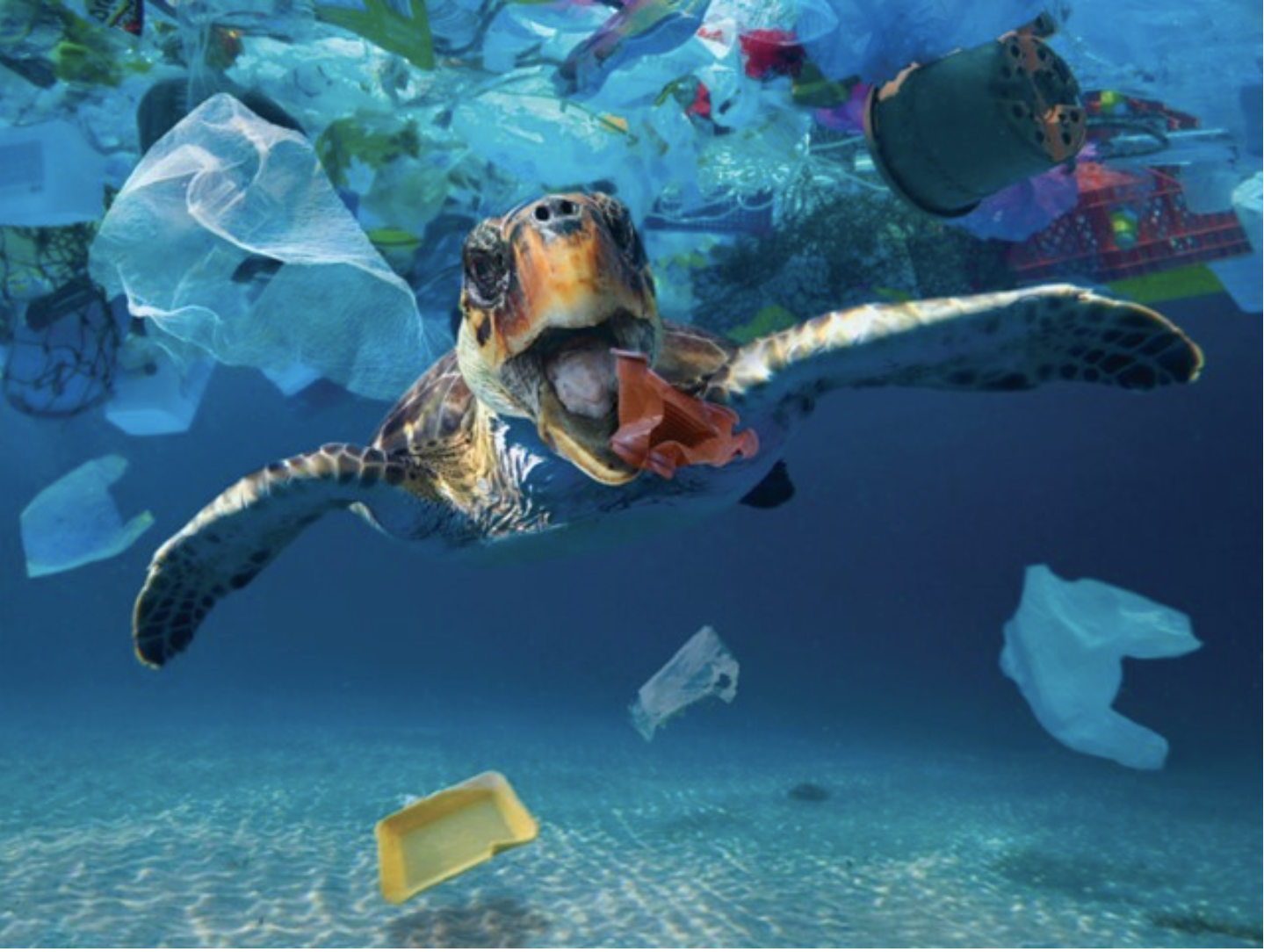
Plastic pollution poses a significant threat to marine ecosystems, with numerous marine animals, including turtles, falling victim to its detrimental effects. The pervasive presence of plastic waste in the oceans has profoundly impacted these creatures.
Turtles, being highly susceptible to the dangers of plastic pollution, face grave challenges while traversing through contaminated waters. Ingestion of plastic debris, such as mistaken consumption of plastic bags and other fragments resembling their natural prey, has dire consequences for turtles’ health, often resulting in severe ailments and mortality.
Additionally, the entanglement of turtles in abandoned fishing gear, known as ghost nets, contributes to their plight. These entanglements can inflict severe injuries, impeding turtles’ locomotion and hampering their foraging capabilities.
As prominent and vulnerable constituents of marine ecosystems, turtles serve as poignant indicators of the urgent need to address the global predicament of plastic pollution.
Heightened awareness, reduction in plastic usage, and adoption of sustainable practices are imperative to safeguard these magnificent marine animals and the fragile ecosystems they inhabit.
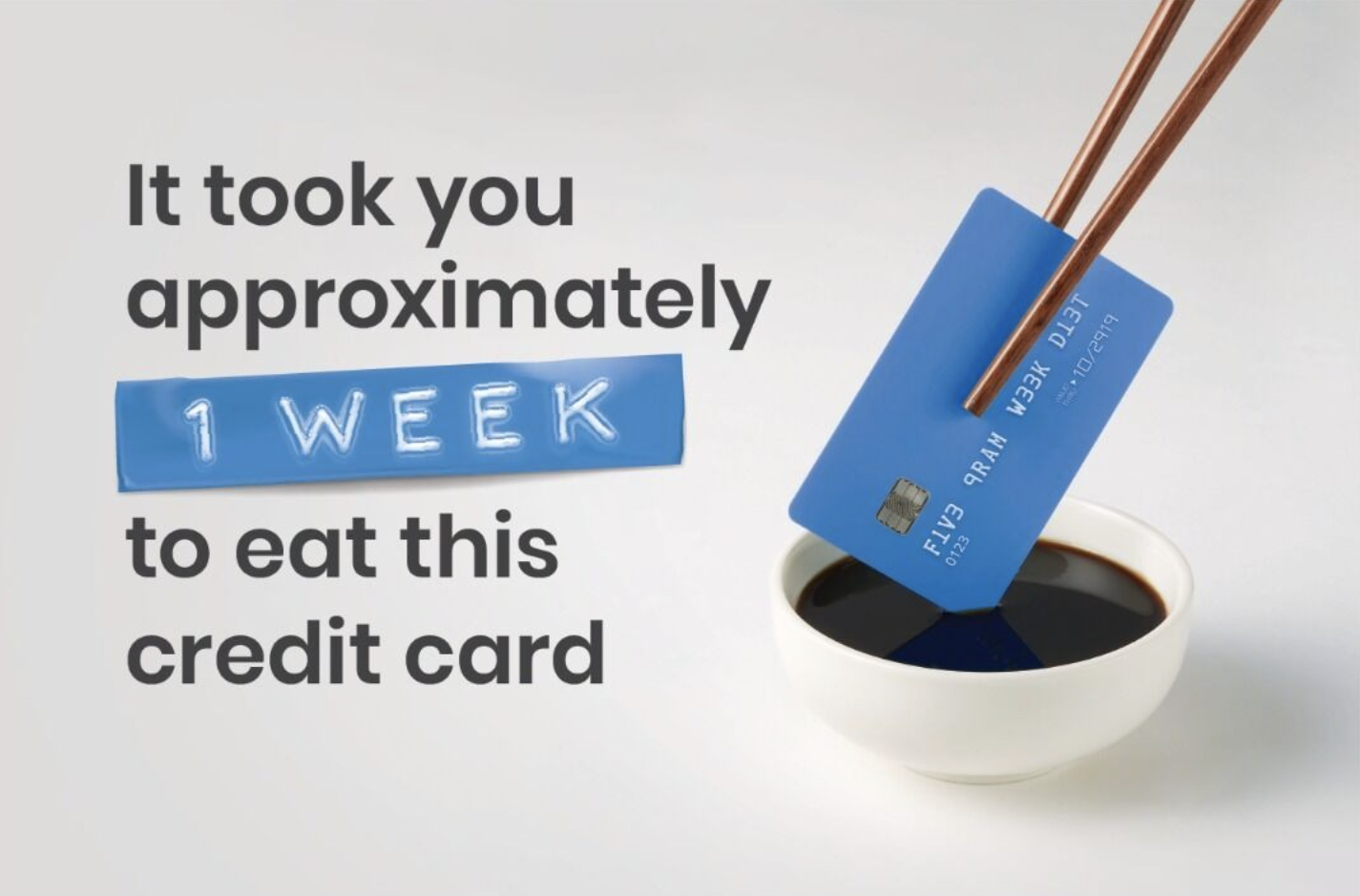
The WWF’s Call for Action
To address this escalating crisis, the WWF is spearheading a global campaign to ban single-use plastics. The organization advocates for immediate action at the international level, stressing the need for strong regulations to reduce and ultimately eliminate the production and consumption of these disposable plastic items.
The WWF’s campaign aims to raise awareness about the detrimental impact of single-use plastics, mobilize governments, businesses, and individuals, and drive policy changes that promote sustainable alternatives. By highlighting the urgency and magnitude of the problem, the organization seeks to galvanize a global movement toward a plastic-free future.
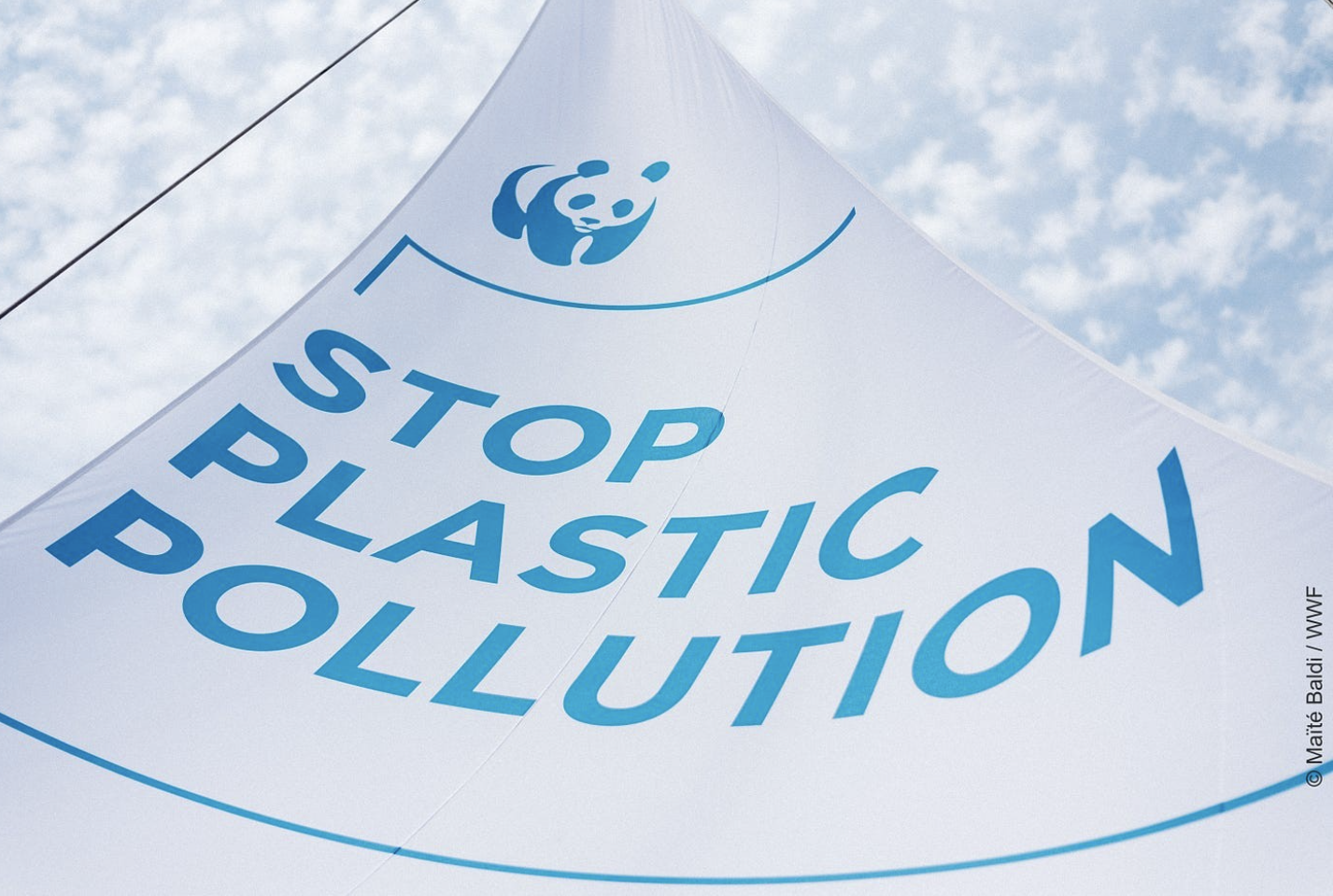
Progress and Success Stories
The call for a global ban on single-use plastics has already gained traction in various parts of the world. Numerous countries have taken significant steps to reduce plastic waste through policy interventions.
For instance, Kenya implemented one of the world’s toughest bans on plastic bags, leading to a drastic reduction in plastic pollution. Similarly, the European Union has adopted legislation to ban a range of single-use plastic items, including straws, cutlery, and cotton buds.
On August 28, 2017, Kenya initiated a momentous step in the battle against plastic pollution by implementing a ban on single-use plastics. This visionary initiative was spearheaded by the National Environmental Management Authority (NEMA) of Kenya.
Recognizing the grave consequences of single-use plastics on ecosystems, wildlife, and human health, Kenya showcased remarkable leadership in tackling this pressing issue. The ban specifically targeted the production, sale, and use of plastic bags, promoting the adoption of environmentally-friendly alternatives.
This resolute action aimed to curtail the harmful impacts of plastic waste, alleviate pollution in rivers and oceans, and safeguard the rich biodiversity within Kenya’s natural habitats.
By blazing this trail, Kenya set a profound example for other nations, underscoring the significance of collective efforts in combatting plastic pollution and fostering a cleaner, healthier planet for future generations.
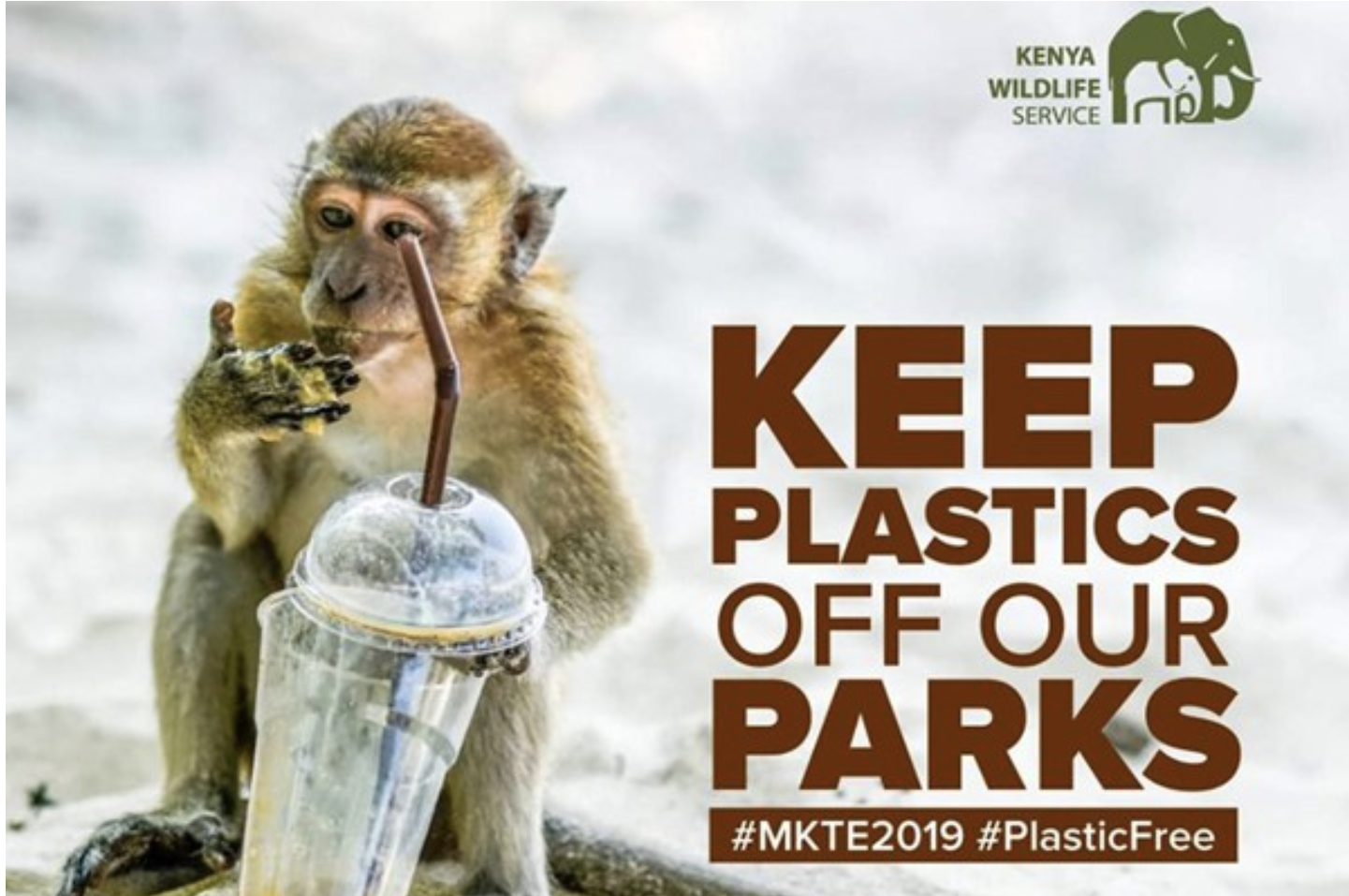
Private sector engagement is also crucial in combating plastic pollution. Several companies have made pledges to eliminate single-use plastics from their operations or have invested in research and development to find alternative, sustainable packaging solutions. These efforts demonstrate that change is possible, and a plastic-free future is within reach.
As Happy turtle straw offers an alternative to single-use plastic straws by encouraging Behavior Change: Through their products and educational initiatives.
Happy Turtle Straw encourages individuals to adopt sustainable habits by choosing biodegradable straws instead of single-use plastics. By making sustainable options easily accessible and appealing, they help shift consumer behavior towards more environmentally friendly choices.
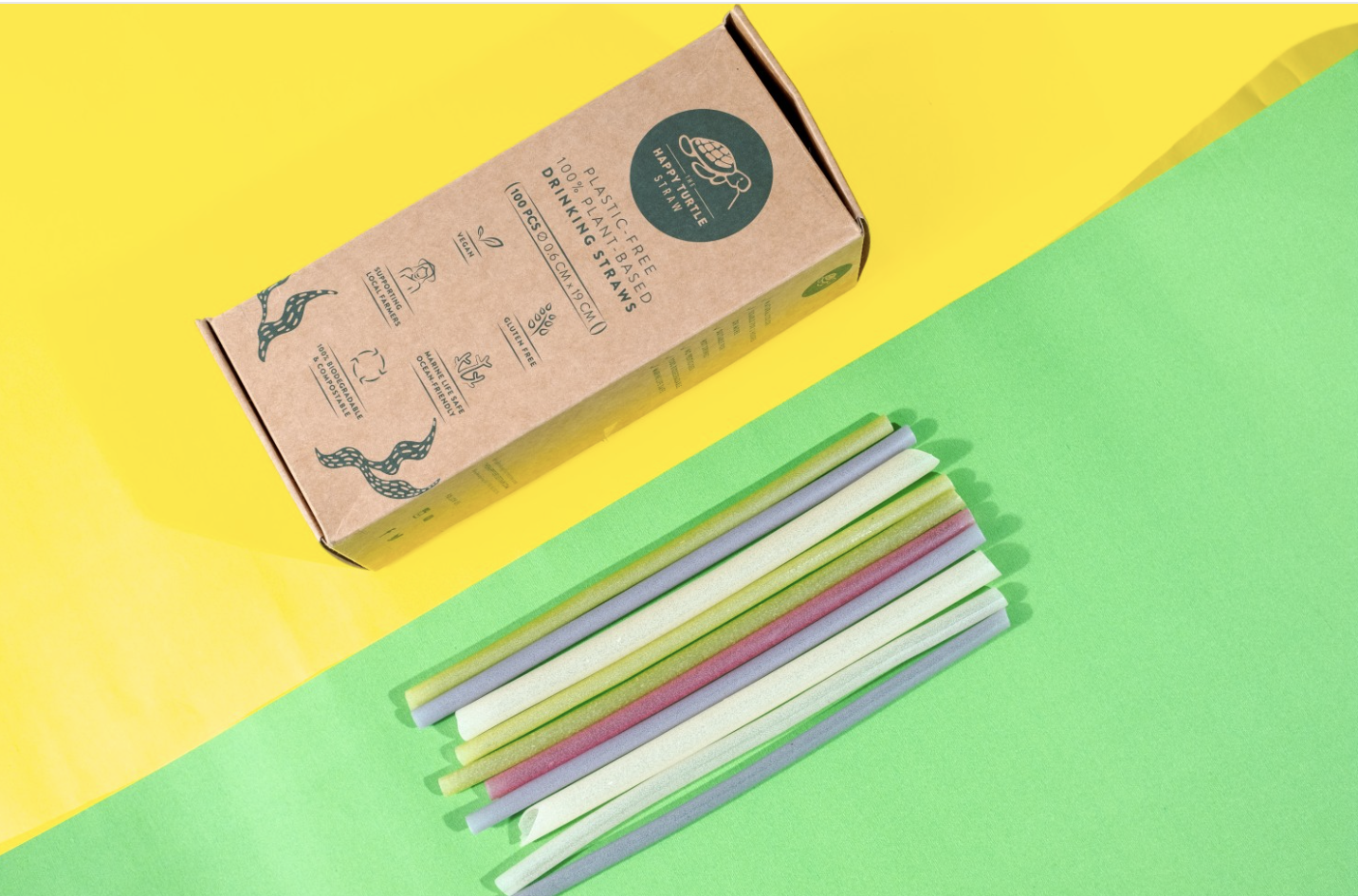
In conclusion, by galvanizing a global movement and advocating for strong regulations, the WWF campaign seeks to address the alarming rise in plastic pollution and protect our environment and marine ecosystems.
The collective efforts of governments, businesses, and individuals are essential in achieving a sustainable and plastic-free future.
Reference :
https://www.unep.org/news-and-stories/story/kenya-bans-single-use-plastics-protected-areas
https://www.tdg.ch/wwf-veut-linterdiction-des-plastiques-a-usage-unique-612323700430
https://wwf.panda.org/wwf_news/?8607466/WWF-ban-on-harmful-single-use-plastics-treaty




